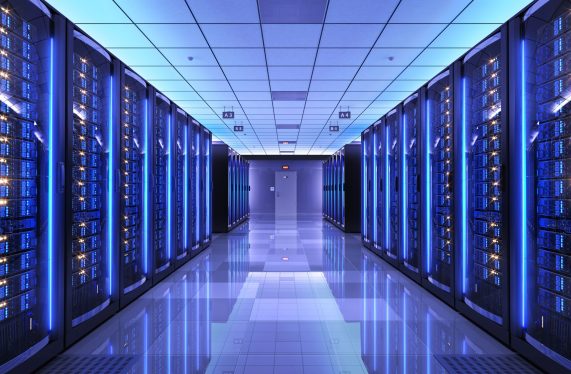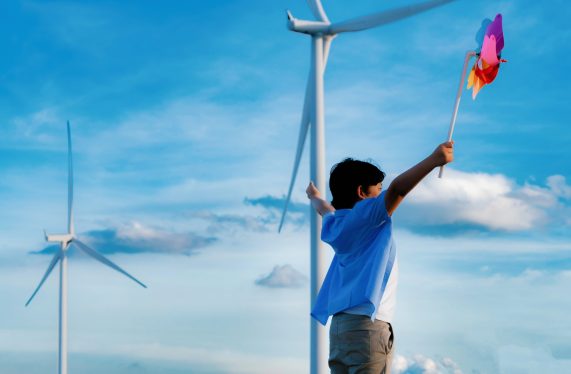The increasing use of Artificial Intelligence (AI) in various aspects of everyday life is now undeniable.
Even in the field of energy, AI is poised to revolutionise the way energy is managed and, of course, the optimisation of its generation, transmission, distribution and consumption.
1. Energy Generation
Renewable Energy Sources (RES) Management
The volatility of RES creates challenges in managing the produced energy.
Artificial intelligence, coupled with machine learning, can predict energy output based on real-time weather data and sensor measurements from wind turbines or solar panels.
This reduces dependence on back-up power plants and enhances the integration of renewable energy sources into the energy mix.
The role of AI extends to the planning of renewable energy installations, as it optimises the location and orientation of solar farms and wind turbines by analysing a huge range of variables - from local weather conditions to bird migration routes.
Maintenance of Power Plants
The use of AI can play an important role in predicting and diagnosing equipment failures in power plants preventing costly outages.
This precautionary maintenance can significantly improve plant efficiency and lifetime, reducing overall maintenance and power generation costs.
2. Energy Transmission and Distribution

Smart Grids
Electricity transmission grids can incorporate AI features by collecting and monitoring data from smart meters, Internet of Things (IoT) devices and power plants.
This data provides a complete picture of real-time load flow, facilitating domestic and cross-border energy transmission.
Machine learning can leverage this data to predict and prevent potential power outages.
It can also identify data patterns that may precede grid failure, helping maintenance teams to proactively address any problems.
Balancing the Grid
The difficulty of forecasting renewable energy production complicates the grid balancing work of transmission operators, who are required to correct errors that lead to energy surplus or shortage.
Artificial intelligence is the most valid method for accurately forecasting energy production and consumption, and ensuring that energy needs are continuously met.
3. Energy Consumption
Smart Metering Systems
AI can also optimise energy consumption in households and businesses.
Smart thermostats and energy management systems are able to learn users' habits and preferences, adjusting energy use in real time to save energy and reduce costs.
Raising Energy Awareness
AI-based energy monitoring platforms promote energy awareness among consumers, encouraging energy savings.
Individuals and communities have the opportunity to optimise consumption and consequently energy production, taking an active role in the energy system instead of being passive consumers.
In conclusion, AI can reshape the entire energy landscape, from the way we produce and distribute energy to the way we consume it.
However, to fully realise the potential of AI, it is vital to invest in research and development of smart systems, to promote the digitalisation of the energy sector and to create regulatory frameworks that encourage innovation.



